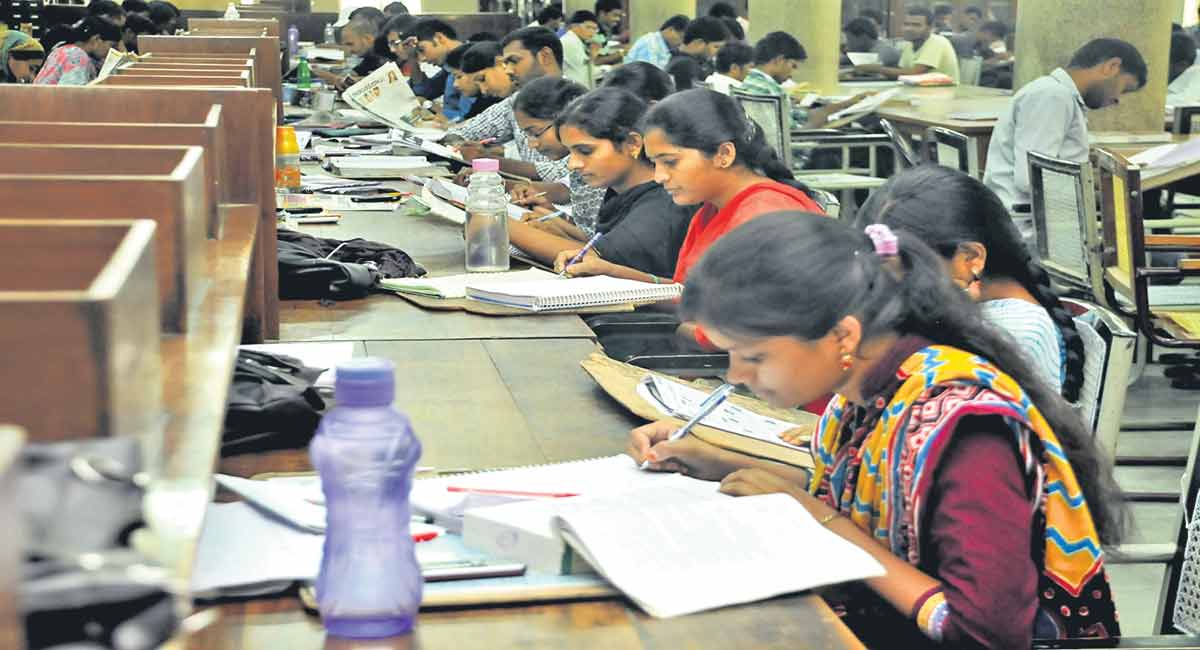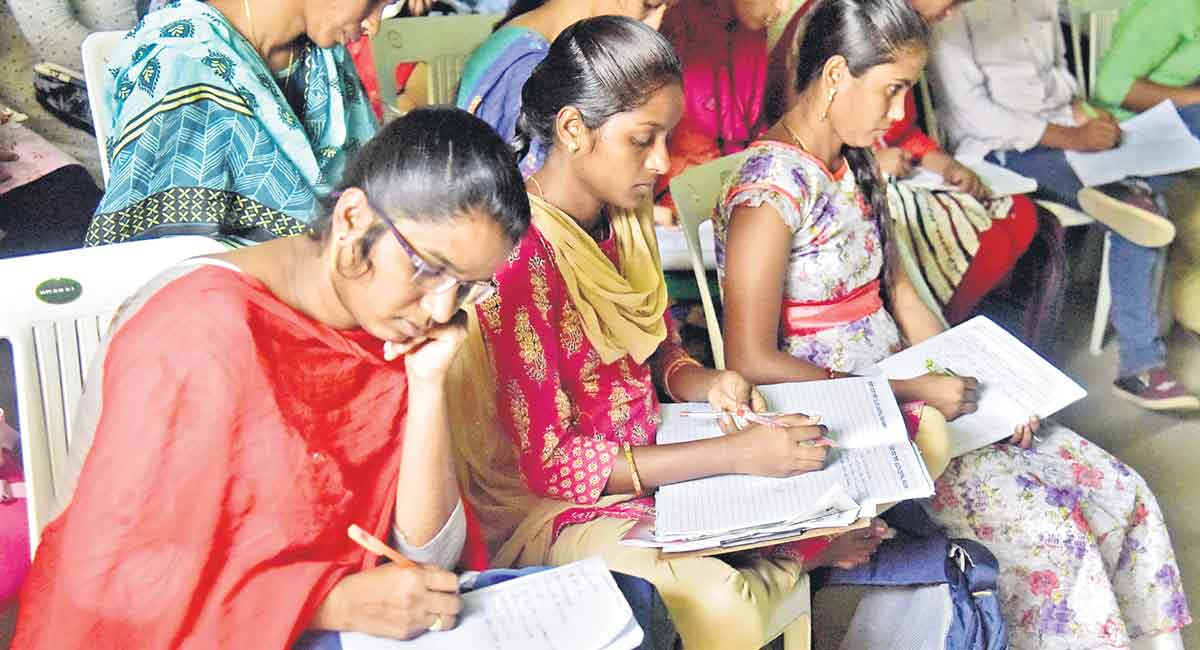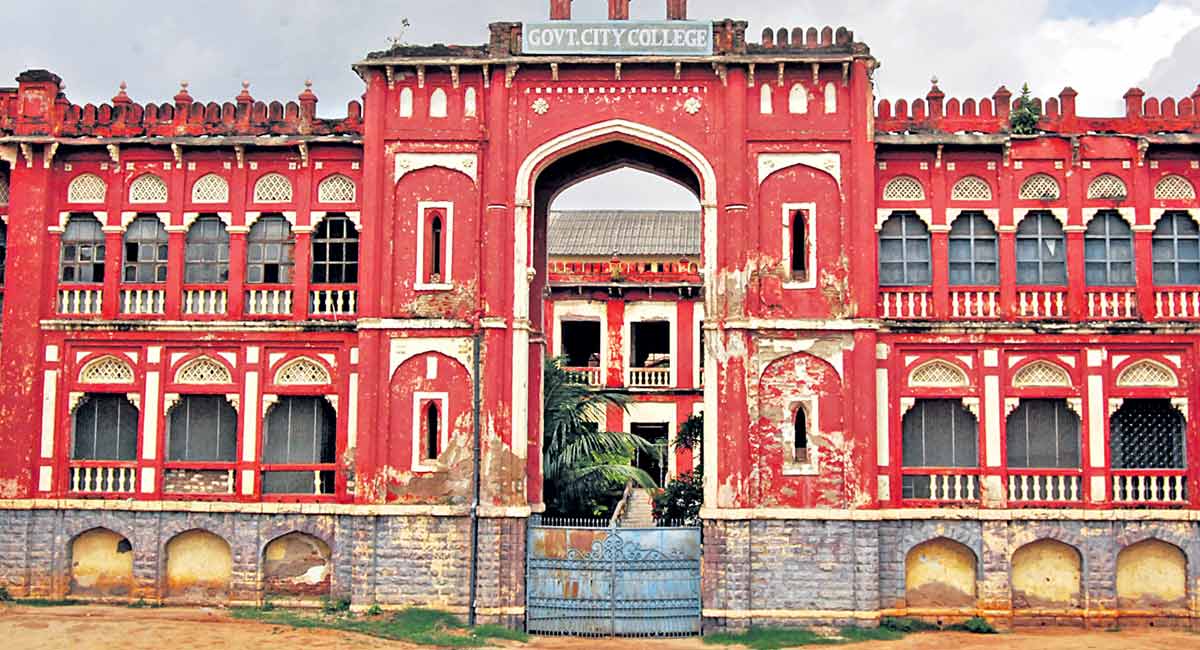Of Mulki question in Telangana
Hyderabad: Historically, the idea of the self (local) and the other (non-local) was rooted in the distinctive historical, cultural, psychological and politico-administrative circumstances of the Bahamani period. During the rule of Deccani Sultans, a large number of scholars, administrators, soldiers, and military officers were appointed in various positions, including the post of Prime Minister (Diwan). […]

Hyderabad: Historically, the idea of the self (local) and the other (non-local) was rooted in the distinctive historical, cultural, psychological and politico-administrative circumstances of the Bahamani period. During the rule of Deccani Sultans, a large number of scholars, administrators, soldiers, and military officers were appointed in various positions, including the post of Prime Minister (Diwan). They were Persian-speaking immigrants from Iran and Central Asia.
They were known as the Afaqis and Habshis, while the locals were referred to as Deccanis. In the course of time, intra-elite rivalries occurred between the Afaqis and the Deccanis which led to socio-political turmoil and bloodshed, especially during the Bahamani period, which also continued through the Qutb Shahi period.
The present-day Telangana region was ruled for about six centuries by different non-Telugu dynasties, namely Bahmanis, Qutb Shahis, Mughals and Asaf Jahis till the mid-twentieth century. Those dynasties brought their own team of functionaries/ethnic groups to run the State.
Therefore, the exclusion of Telangana people from being involved in the process of statecraft and decision-making for seven long centuries has caused a definite mistrust towards those ‘outside forces’/non-Mulkis. From the fall of Kakatiya dynasty in 1323 CE onwards, these ‘outside forces’ had controlled the destiny of Telangana land and its people.
The Qutb Shahis ruled the Telangana region for more than a century-and-a-half. During their reign, there was tug of war between the Afaquis/Persians and Deccanis/locals. It continued to debilitate the overall polity before being absorbed by the Mughals, in the closing decades of the 17th century.
The conflict between the outsiders and locals began during the Bahamani rule in the Deccan in the 14th century. During this period, the role of Persian aristocracy (Afaquis) had been a major factor in the revolt of the Deccanis.
The factional conflicts among the top bureaucracy were quite violent and caused bloodshed. For the stability of their kingdom, the Bahamani Sultans depended on the ability, initiative and efficiency of talented Muslims of Persia, Iraq and Arabia. The Bahamani court presented an opportunity to enterprising Afaquis/Persians of distinction in every sphere of government, justice, army, apart from art and culture to achieve success in their careers in the Deccan.
Their intrinsic worth, coupled with the privilege of being foreigners or Sayyids admitted them to the appropriate State service, with assured rise in their career. In particular, Sultan Firuz Shah’s reign witnessed an overwhelming influence of Persians in all fields of political and cultural activity.
Gulbarga appeared as if it was a capital of Persian Prince. The dominant section amongst these immigrants, were Persians and Turks. Later, the reign of Ahmad Shah II Bahaman marked the climax of Afaqui/non-Mulki influence in the Bahamani’s polity.
The Qutb Shahi dynasty ruling from Golconda, being of Afaquis, mainly of Persian origin, continued the tradition of its predecessor Bahamanis in diplomacy, statecraft, religion and culture.
The, founders of Qutb Shahi dynasty originated from Persia and belonged to an aristocratic class. Thus, they inherited the tradition of their Persian ancestors and followed their traditions in the Deccan. They being Afaqui themselves cherished a deep fascination for their compatriots.
Consequently, the Afaqui group continued to hold most of the key positions of the State. Since the reign of Abdulla Qutb Shah, the top ministerial ranks at Golconda were held by emigrants from Persia and the regime had, therefore, become an active centre of Persian literature, art, poetry and statecraft.
Sultan Abul Hasan, the last ruler of the Qutb Shahis and a Deccani partisan himself, lost his power/ kingdom to the Mughals due to the conflict between the Afaquis/non-Mulkis and Deccanis/Mulkis.
Mulki conflict
During the Asaf Jahi rule, Salar Jung the Premier/Diwan of the Hyderabad State in 1853 CE introduced reforms in all walks of administration. To improve administrative standards he recruited talented people from all over the country, mainly from north India.
In the first phase of reforms from 1853, the efforts of Salar Jung to modernise the administration required officials trained in British India. Later, the non-Mulki administrators seized political power while Mulkis tried to gain administrative positions.
The framework of a modernising bureaucracy was established and non-Mulki groups of administrators were imported into the Hyderabad State. Syed Hussain Bilgrami, Mahib Hussain, Syed Mehdi Ali, Mohin-ul-Mulk, Chirag Ali, etc., were some of the able administrators. Aghorenath Chattopadhyay was a famous educationist and he was the founder Principal of Nizam College. The grandson of Mirza Galib, famous Urdu poet, Mirza Asha Beig, was invited to Hyderabad to impart education to Prince Mahaboob Ali Khan. Thus, the issue of Mulki and non-Mulki began during Salar Jung’s period.
— Prof. Adapa Satyanarayana
Retired Professor
Department of History, Osmania University
Ph. 9573405551
Related News
-
Month-long SSC timetable sparks debate over student focus
40 seconds ago -
Three years on, Project Cheetah records 38 cheetahs across Kuno, Gandhi Sagar
3 mins ago -
Telangana’s vehicle scrapping scheme falters as old vehicles stay on roads
16 mins ago -
Religious scholars call for boycott as shopping fairs threaten sanctity of Ramzan
42 mins ago -
AIFF ties up with Ryan Group to roll out football, futsal programmes in schools
46 mins ago -
Nissan launches Gravite 7-seater MPV at introductory price of Rs. 5.65 lakh in India
58 mins ago -
Hospital sewage fuelling antibiotic-resistant bacteria in Hyderabad drains: Study
1 hour ago -
Bengaluru, Delhi-NCR account for over half of India’s AI job openings: Report
2 hours ago




